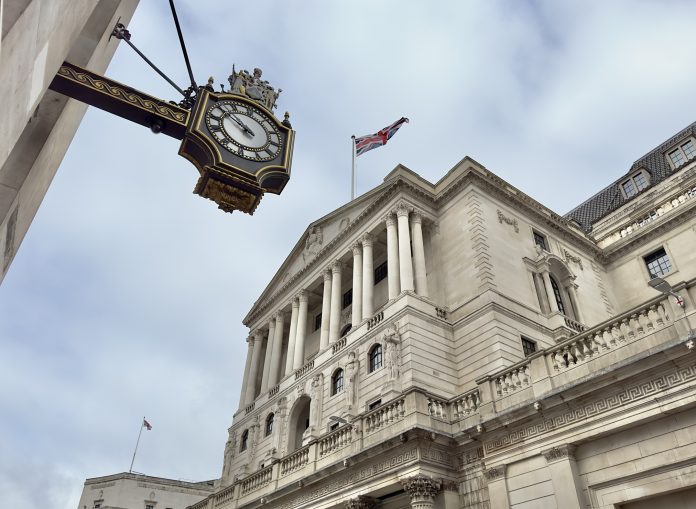One in five English councils on the brink of bankruptcy: What will it take to save them?
What does the government plan to do?
The government contemplates pre-election tax cuts, while the opposition recommends financial discipline amid the increasing demand for essential public services that financially struggling councils can’t meet.
National leaders have ignored the crisis, and now nearly one in five council leaders in England expect to declare bankruptcy within the next 15 months. Councils across the country are currently facing a challenging situation that has been developing for many years.
In the past, most councils that issued Section 114 notices, signs of bankruptcy, were often associated with financial mismanagement.
What happens when a council can’t cover their expenses?
A council’s chief financial officer (CFO) must issue a ‘section 114 notice’ if they believe the council can’t cover expenses with its income. This notice restricts new spending, prompting a meeting within 21 days to decide the next steps. Past cases, like Northamptonshire (2018) and Croydon (2020), saw councils amending budgets to cut service spending.
Recently, struggling councils aimed capitalisation directions from the government, allowing the use of capital funds to support services. Although a section 114 notice doesn’t trigger automatic government intervention, councils like Woking, Slough, Thurrock, Nottingham, and Croydon faced intervention after issuing notices.
Alternatively, the government could legislate to reduce councils’ statutory duties, cutting required services rather than increasing income.
The fall of City Councils
In September 2023, Birmingham city council fell due to an equal-pay claim and a £100m IT project. This highlighted a more widespread problem of a growing disparity between local revenues and the increasing expenses of tackling societal problems. Nottingham City Council also experienced similar issues.
The recent 6.5% increase in government funds for councils is expected to help address the financial crisis. The main cause of this crisis can be traced back to a 40% reduction in real-terms central government funding for councils between 2010 and 2020. This, coupled with inflation and the pandemic’s impact on revenue streams from car parks and leisure centres, has further heightened the situation.
Nearly half of England’s councils already predict they won’t have enough money to function in 2024-25.
How could intervening help?
Local authorities are currently facing a difficult situation. On one hand, there is a constant rise in demand for essential services. On the other hand, financial support from the government is decreasing.
Social workers struggle to cope with the consequences of decisions made by those in power in Westminster and Whitehall. They are dealing with issues that could have been prevented if fair early intervention programs were in place.
The financial gap
Regions like Hampshire are currently facing a financial gap of £132m, which could result in proposed cuts in several essential services such as homelessness services, street lighting, buses, and school crossing patrols. Unfortunately, the burden on individuals is also increasing, with an estimated 4,000 people being asked to contribute more to their social care costs.
Which community cornerstones are crumbling?
- Libraries
- Museums
- Parks
Across England, essential public spaces like libraries, museums, leisure centers, and parks are bracing for cuts as councils scramble to save essential social care from collapse.
What might happen due to council cuts?
Children could lose access to after-school programs in their local youth centre or could miss out on book clubs and museum visits.
These are realities residents could face under the weight of council budget cuts. Struggling social care systems put immense pressure on other services, forcing councils to make choices between community support and maintaining basic care for the most vulnerable.
A national emergency going under the radar
The difficulty councils face has largely been ignored by the media. If Labour wins the next election, council leaders within the party, already deeply aware of the situation, are likely to press for immediate interventions.
The Local Government Association’s survey reveals that nearly one in five council leaders anticipate bankruptcy within the next year. Raising taxes during a cost-of-living crisis is a politically hard option, but failing to act will lead to widespread service losses and potential financial meltdown.
Nearly half of England’s councils already predict they won’t have enough money to function in 2024-25.











